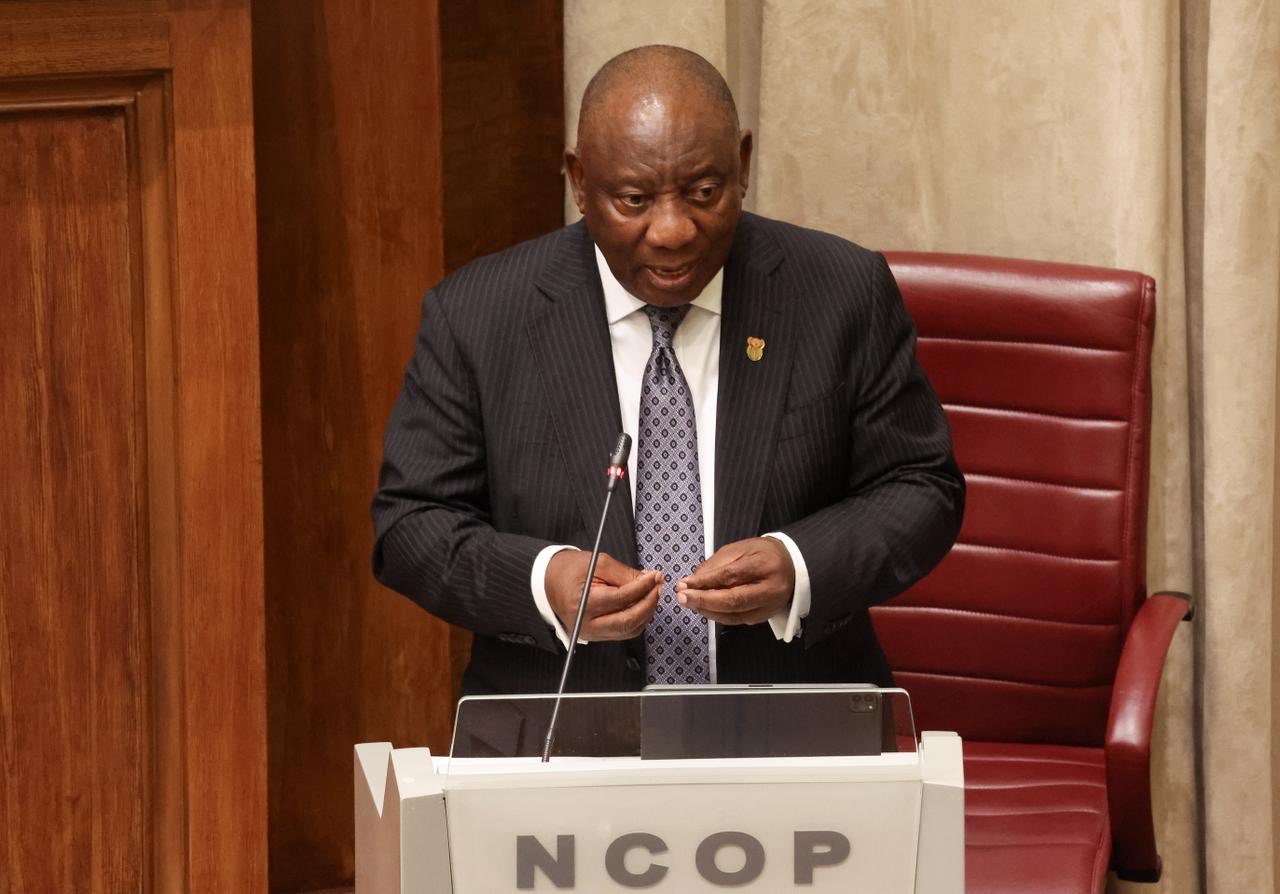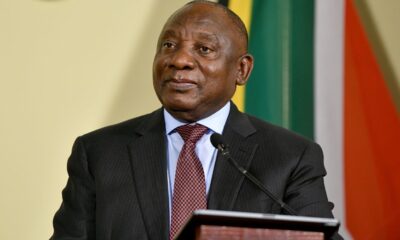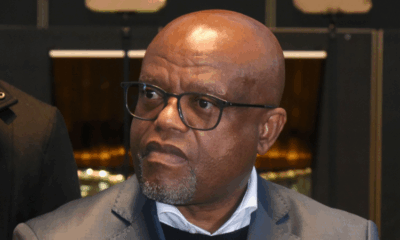News
“No Double Standards”: Ramaphosa Puts Cabinet on Notice, Vows to Act on Credible Evidence

In a firm declaration that puts his entire executive on high alert, President Cyril Ramaphosa has publicly stated that he will not hesitate to fire any cabinet member accused of corruption, provided he is presented with credible evidence. The President’s comments are a direct response to growing public frustration over perceived impunity for high-ranking officials.
This strong stance aims to dismantle the narrative of “double standards” within his administration, where lower-level officials face consequences while those in powerful positions appear to be shielded. Ramaphosa is drawing a clear line, challenging accusers to bring forth solid proof.
Setting the Record Straight on Accountability
The President’s statement came amid mounting pressure to hold his cabinet accountable. He directly addressed the criticism that his administration operates with a dual system of justice, one for the politically connected and another for everyone else.
“I do not have double standards,” Ramaphosa asserted. His message was unambiguous: the rules apply equally to everyone serving in his government. However, he emphasized that action must be guided by substance, not just allegations. He framed his position not as inaction, but as a commitment to due process, insisting that any decision to remove a minister must be based on verifiable facts and not on unsubstantiated claims or political noise.
The Credible Evidence Threshold
At the heart of the President’s position is the critical phrase “credible evidence.” This is the benchmark he has set for taking the drastic step of dismissing a minister. He made it clear that he will not act on mere suspicion or politically motivated accusations circulated in the public domain.
This stance places the responsibility on law enforcement agencies, Chapter 9 institutions, and internal party processes to conduct thorough investigations and present him with concrete findings. It is a call for a formal, evidence-based process rather than governance by public opinion or media headlines. The message to his ministers is that their positions are secure only as long as no formal, credible case is built against them.
A Calculated Political Gambit
This public commitment is a significant political move. For the public and opposition parties, it is a promise of accountability. For his own party, the African National Congress, which is a broad church with competing factions, it serves as a warning that the protection once enjoyed by some may be weakening.
However, this also opens the President to further scrutiny. The public and media will now be watching closely to see what he defines as “credible evidence” and how swiftly he acts when and if it is presented. His credibility on this issue will be judged entirely by his next move.
By making this pledge, Ramaphosa is attempting to regain public trust and position himself as a leader intolerant of corruption within his ranks. The effectiveness of this strategy will not be measured by his words, but by his willingness to follow through with decisive action when the next test inevitably arrives.
{Source: EWN}
Follow Joburg ETC on Facebook, Twitter , TikTok and Instagram
For more News in Johannesburg, visit joburgetc.com


























